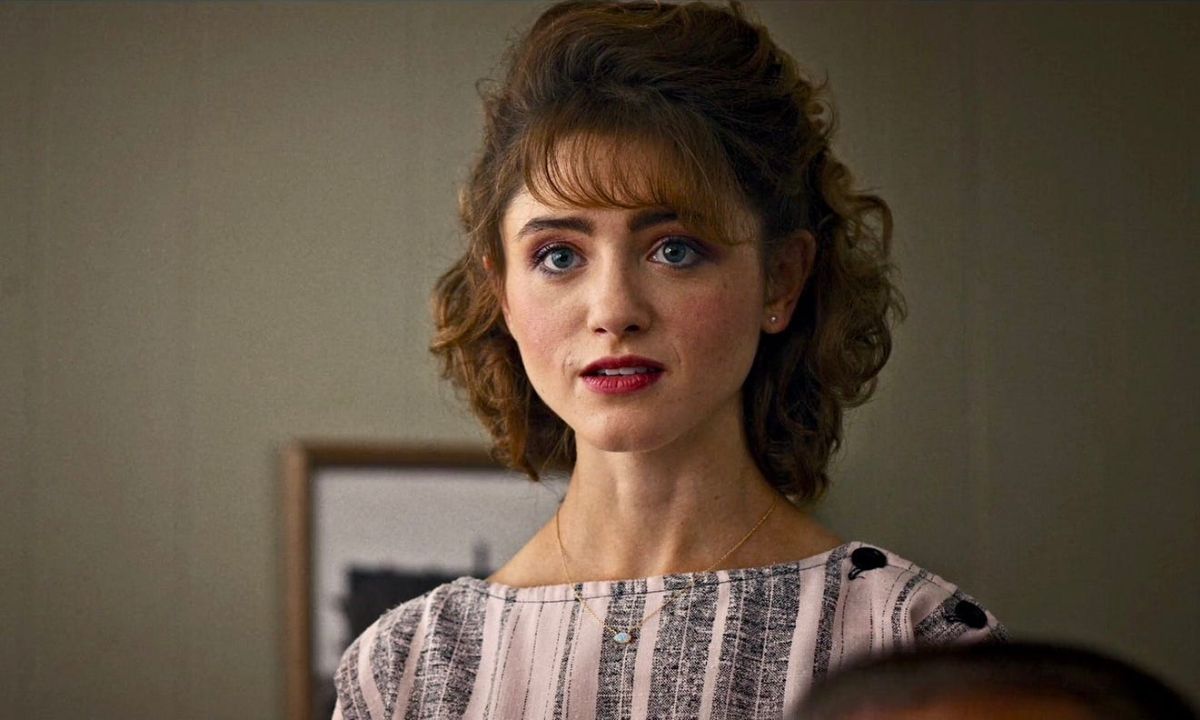Table of Contents
Any Stranger Things fans you ask! They are gonna say their favorite character is Steve Harrington. But, one of my friends said Nancy Wheeler. I was like the girl who left him for Jonathan (seriously nothing wrong with him though). What she told me made me look at Nancy differently.Meanwhile, I wrote this Reddit post about Nancy and how feminist she is. This was before I changed my opinion about her. Okay. so what changed?!
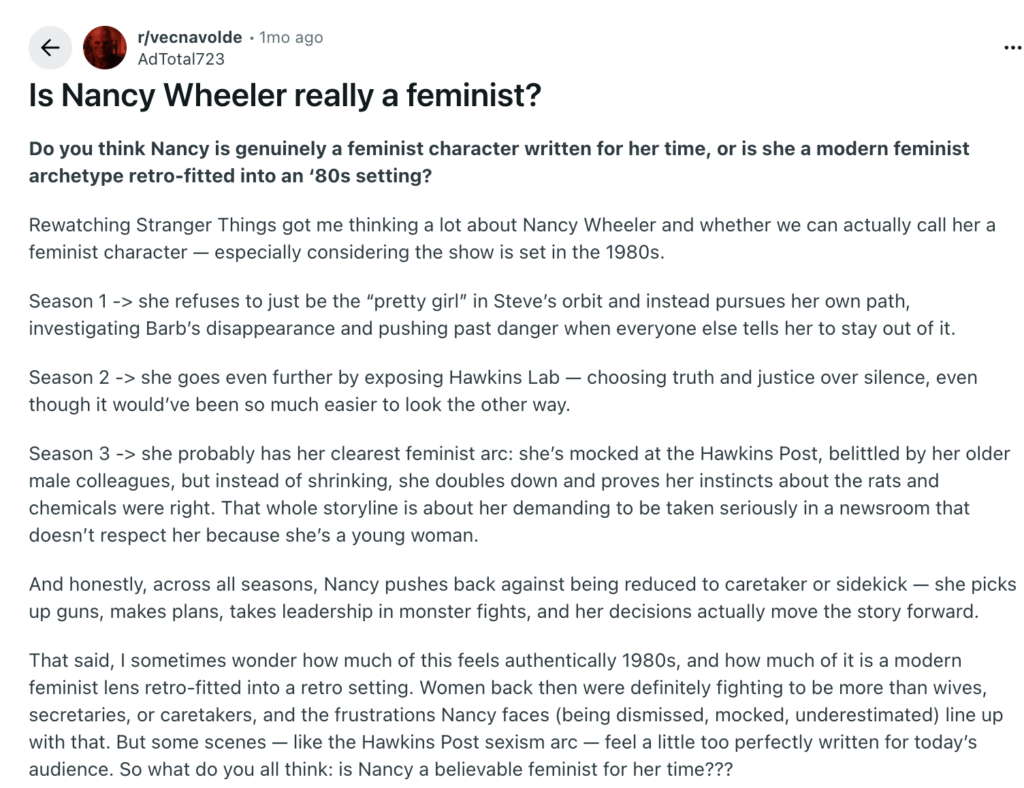
Nancy is probably the least noticed main character
Except for her love arc. We have already written a major blog on why Nancy is the most hated character of Stranger Things.

- Some hate Nancy because she’s smart, determined, and doesn’t fit into a predictable “girlfriend” mold.
- Some hate her for how she constantly flip-flopped between guys.
- Some even call her cold, annoying, and bossy. Nope bro. When Steve or Hopper act assertive, they’re called “leaders.” When Nancy does it , it’s “bossy.” Unvalid — and kind of tired.
Nancy has equally great character development as Steve

My friends comment made me analyze her character growth a bit deeper. Sure we always say Steve Harrington had the best character development. But Nancy isn’t far too.
Nancy’s evolution was subtle — Not flashy
Steve’s transformation happened in one day. One moment, he is a jerk boyfriend. And the second he gets dumped, he becomes the babysitter extraordinaire. It was visual, funny, and memeable.
Nancy’s, on the other hand, happened in quieter spaces: in dim basements, typewriter-lit rooms, and late-night research binges.
She went from a rule-following teen desperate to fit in, to someone who literally defied government agents to uncover truth. Her rebellion wasn’t about swinging bats or witty one-liners — it was about standing up to people in power, confronting male-dominated spaces, and owning her intelligence. Not exactly “heroic”, but has long-lasting impact.
Boldness laced with femininity
Here’s something Stranger Things did beautifully but subtly: they gave Nancy a “feminine” kind of heroism. Not in a damsel way — but in a drive, empathy, and intellect kind of way. She uses her words, intuition, and stubbornness to save people.
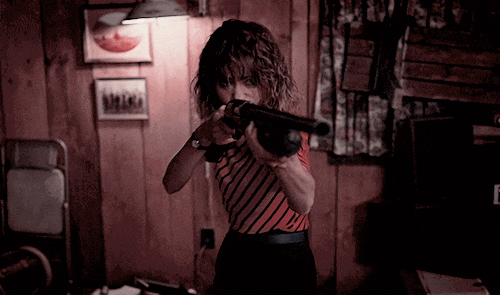
While the guys (Steve, Hopper, even Jonathan) often express courage through brute force, Nancy’s courage is cerebral. She’s the first to chase truth when it’s uncomfortable — the first to dig deeper when others move on. That’s strength. Just not the kind that gets slow-motion fight scenes and cool background music.
Nancy’s arc is about agency
In Season 1, Nancy is the textbook “good girl.” Smart, polite, the perfect student. She dates the popular guy (Steve), keeps her head down, and tries to balance between rebellion and respectability — the kind of balance so many young women are taught to keep.
But as the series unfolds, she outgrows that version of herself. Losing Barb, being gaslit by authority figures, and seeing the hypocrisy around her wake her up. With grief and guilt, others might have succumbed. But Nancy rose tall.
That’s what makes her arc so strong. She stops asking for permission and starts taking up space. That’s not accidental writing. That’s evolution.
| Steve’s arc is about change — turning from selfish to selfless. Nancy’s arc is about discovery — learning how to use her intelligence, emotions, and courage in a world that keeps trying to box her in. Pretty relatable to many women around us. |
She can save herself
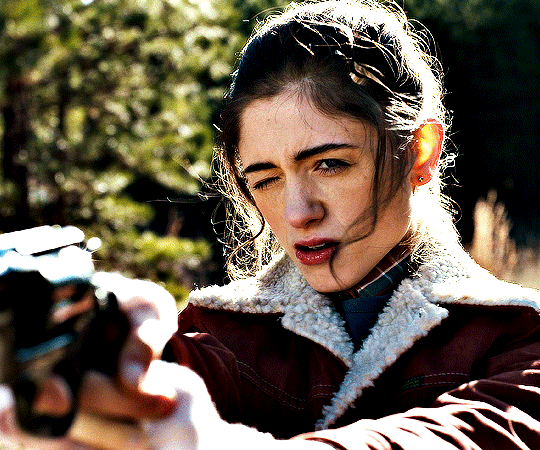
Let’s be honest — Nancy Wheeler with a shotgun is a whole mood. She’s not waiting in a corner while the guys fight monsters; she’s the one aiming for the head. Whether it’s loading weapons in the Byers’ house or storming Vecna’s lair, she’s right there in the center — all because she knows what has to be done.
She is like… all of us
Nancy’s not flawless. She lies, she hesitates, she hurts people unintentionally. But she owns it. Modern audiences connect with her because she’s not trying to be the “strong female lead” stereotype — she’s trying to be real.
Her guilt over Barb, her complicated feelings for Steve and Jonathan, her anger toward institutions that silence her — these aren’t weak points. They’re human points, where writers don’t rush to sanitize her emotions.
Messy, conflicted, ambitious, and unsure — and that’s precisely why her arc feels so honest.
Her family (and how it isn’t as picture perfect as it is)
Nancy Wheeler had to grow out of a family system that taught her to smile through silence. She’s what happens when a girl raised in a picture-perfect world starts to question the picture itself.
Her mom’s quiet sorrow, her dad’s indifference, her brother’s idealism — she carries bits of all of them. But she transforms it. Those who come from such backgrounds know how it can shape one’s character, leadership energy, partner-selecting skills, and every major life decision. It’s ugly, but real.
Any Riverdale fans? chaotic show, but Betty and Nancy share the same DNA.Both are small-town girls who dig for truth, even when it hurts. They’ve got that classic investigative streak (Nancy with her camera, Betty with her journalism). Both reject the idea of being the “nice blonde” and instead choose to expose the darkness around them — even when it means alienating others.
Nancy isn’t written to be a feminist archetype. She’s written to feel real.
I was skeptical when I wrote the Reddit post. But I agree now that she is written to feel real. The Duffers didn’t write Nancy as a “feminist template” — they wrote her as a product of the 1980s.
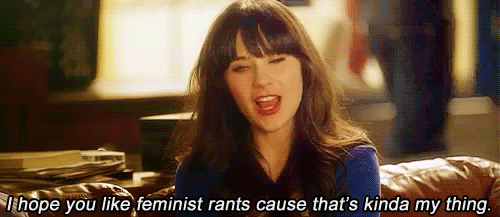
-> 80s feminine dilemma is deeper than we all think.
Back then, women were caught between two worlds: the fading era of domestic ideals (think Karen Wheeler baking casseroles and smiling through misery) and the rising wave of female independence and ambition.
Nancy is stuck right in the middle. She wants love, but also wants purpose. It’s 2025 and we all still want the same, aren’t we?
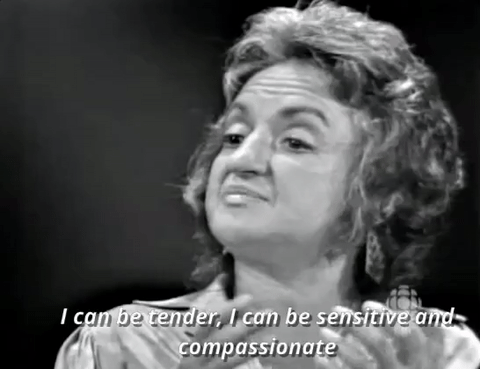
-> Nancy is more of a mirror than a symbol
When shows try to create “feminist” characters, they often turn them into mouthpieces — all ideals, no flaws. Nancy, thankfully, never fell into that trap. She is as vulnerable, hypocritical, and insecure as she is confident and brave. She judges other women (like Robin at first) before learning to collaborate with them.
-> Less drama. More action
We don’t see lengthy monologues about misogyny. We see her live through it. It’s easy to assume the Duffer Brothers wanted Nancy to be “the feminist voice” of Stranger Things. But if you look closely, her arc is more intuitive than intentional.
-> She is neither here nor there
Modern audiences sometimes want characters to pick a side — be bold or be broken. Nancy refuses to fit into either bucket. She’s the girl who can hold a gun in one hand and a moral dilemma in the other. She can care about her boyfriend and question the system. She can lead without shouting.
Nancy Wheeler could exist today. She’s that woman trying to get taken seriously in a meeting where everyone talks over her. She’s that journalist who’s passionate but dismissed as “too emotional.” She’s that friend who overthinks her choices, wondering if she’s allowed to want both love and ambition.
Nancy Wheeler and her silent character evolution
If you strip away the guns, the monsters, and the neon haze of Hawkins, Nancy Wheeler’s story is really about growing up as a woman in a world that constantly underestimates you.
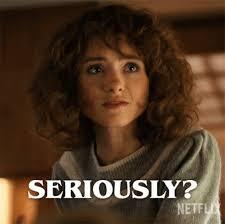
She starts as a rule-follower — the good daughter, the perfect student, the girl who does what she’s told because that’s what’s expected. But the moment her world cracks open — Barb’s disappearance, the lies from Hawkins Lab, the chaos of the Upside Down — she’s forced to confront who she really is when no one’s watching.
And what she finds isn’t neat or cinematic. It’s messy. It’s full of guilt, grief, and gray areas. But that’s why her arc works. Nancy doesn’t transform overnight. She evolves through curiosity, defiance, and moral awakening — piece by piece.She goes from wanting to fit in to wanting to figure out. From chasing approval to chasing truth. From following someone else’s story to writing her own.
